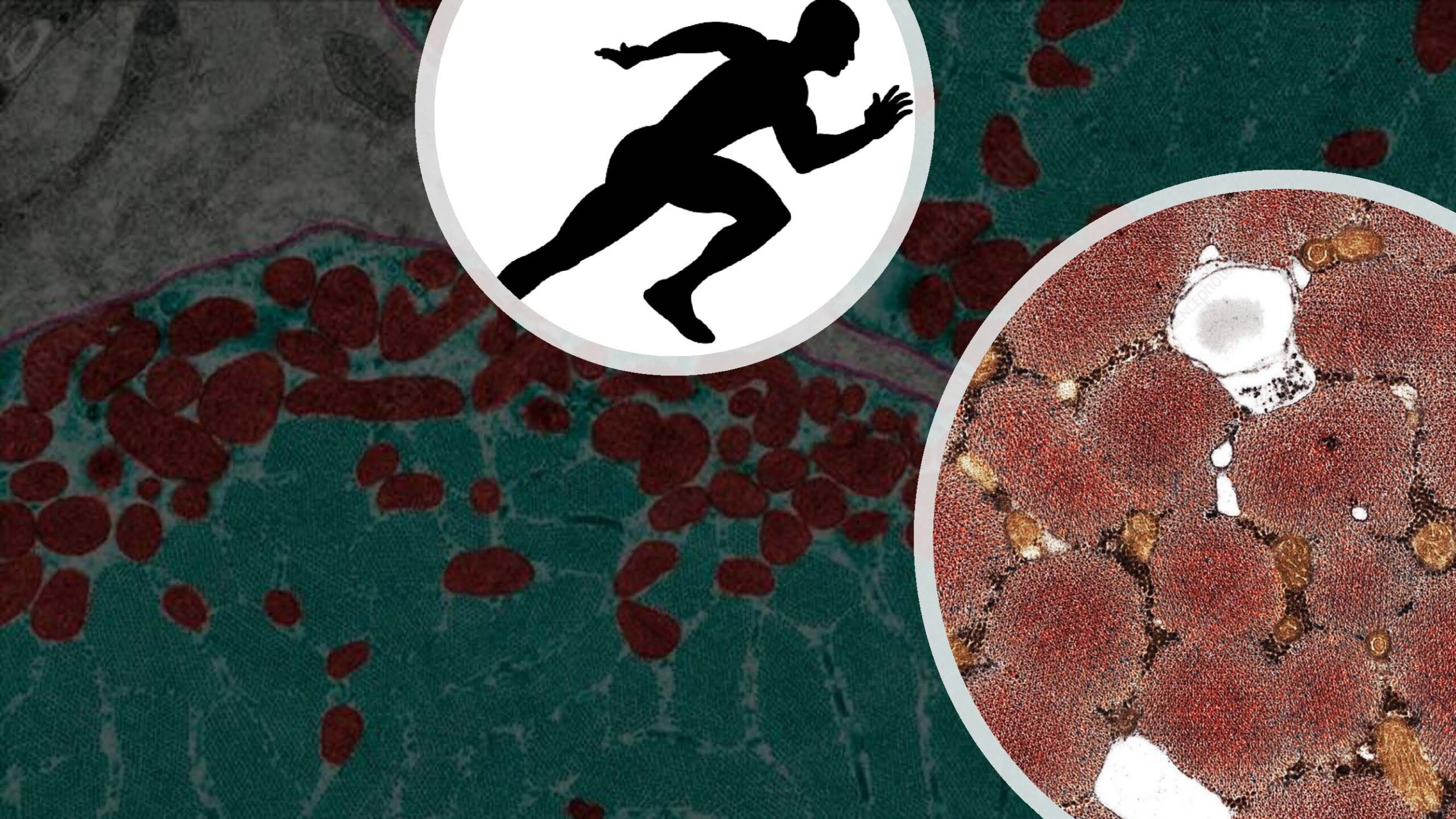Universitetsavisen
Nørregade 10
1165 København K
Tlf: 21 17 95 65 (man-fre kl. 9-15)
E-mail: uni-avis@adm.ku.dk
Ph.d.-forsvar
Ph.d.-forsvar — Anders Krogh Lemminger is defending his PhD thesis: Role of interval training intensity on skeletal muscle mitochondrial adaptations and respiratory capacity
Date & Time:
Place:
Online
https://ucph-ku.zoom.us/j/67473806207?pwd=SGJxajliYUVmNTFoTXdhc0RUVXNzdz09
Hosted by:
Department of Nutrition, Exercise and Sports
Cost:
Free
Date
18 June 2021, 14:30
Place
Digital: To attend the PhD defence, follow the link and hereafter the instructions to download the required Zoom-client.
https://ucph-ku.zoom.us/j/67473806207?pwd=SGJxajliYUVmNTFoTXdhc0RUVXNzdz09
Meeting ID: 674 7380 620
Passcode: 459128
Opponents
Associate Professor Anke Ninija Karabanov (chair), Department of Nutrition, Exercise and Sports, University of Copenhagen, Denmark.
Professor Jørgen Jensen, Norges Idræthøjskole, Oslo, Norge.
Professor Niels Ørtenblad, The University of Southern Denmark, Denmark.
Supervisor
Professor Jens Bangsbo, Department of Nutrition, Exercise and Sports, University of Copenhagen, Denmark.
Co supervisor
Associate professor Morten Hostrup, Department of Nutrition, Exercise and Sports, University of Copenhagen, Denmark.
About the thesis
Exercise training improves cardiovascular fitness and metabolic health. The degree of the improvements is largely determined by the training intensity and training volume. As such, intense interval training has gained considerable attention because it effectively promotes common training adaptations.
Intense exercise causes substantial stress within the exercising muscle, which leads to marked remodeling of the skeletal muscle protein composition, especially increases in mitochondrial proteins. Despite being recognized as a potent training form, limited research has examined how interval training with different exercise intensities affect the protein composition (proteome) and associated functional measurements.
Thus, this PhD thesis explored how differences in intense interval training exercise intensities affect skeletal muscle adaptation in men. Using advances in the proteomic field we achieved extensive protein quantification in two studies (3168 and 2525 proteins). Proteomic analysis revealed that mitochondrial proteins were highly upregulated, regardless of interval training intensity.
However, lower training intensity with higher training volume seemed to lead to more pronounced changes of the proteins. Further data analyses revealed that training intensity may induce specific adaptations of the subunits that constitute the electron transport chain. The functional implications of these mitochondrial changes were assessed using high-resolution respirometry to determine the respiratory function (oxidative phosphorylation) in permeabilized muscle fibers.
In line with the training-specific changes in the subunits that constitute the electron transport chain, training led to complex-specific changes in mitochondrial respiration. Despite this, the maximal respiratory capacity increased similarly, regardless of training intensity.
Thus, within the intense exercise range, lower exercise intensity with larger training volume and may lead to more substantial remodelling of skeletal muscle proteins but the maximal oxidative phosphorylation capacity of the muscle is enhanced similarly, regardless of training intensity and training volume.
Read more: https://nexs.ku.dk/english/calendar/2021/phd_anders-krogh-lemminger/
